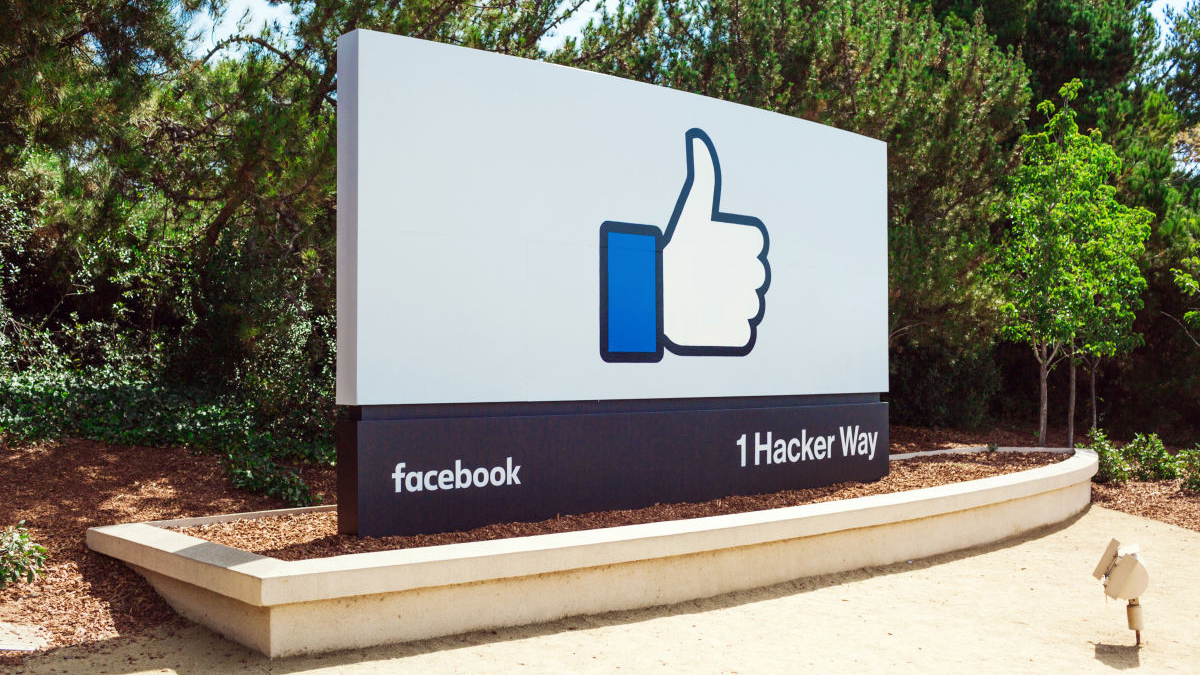FTC Proposes Banning Facebook From Monetizing Youth Data
Says company has repeatedly violated multiple privacy settlements with agency

The smarter way to stay on top of the streaming and OTT industry. Sign up below.
You are now subscribed
Your newsletter sign-up was successful
The Federal Trade Commission has proposed banning Facebook from profiting from data collected from anyone under 18, including via its Instagram, WhatsApp, and Oculus services.
That came Wednesday (May 3) as one of the proposed changes to the FTC’s 2020 settlement with the parent company — now Meta — over what the agency called its repeated failure to live up to promises it made as part of the settlement to protect kids’ privacy.
An independent review of that settlement order found enough issues that the FTC said those “deficiencies” posed “substantial risks to the public.”
Facebook has repeatedly violated its privacy promises,” said Samuel Levine, director of the FTC’s Bureau of Consumer Protection, in a statement. “The company’s recklessness has put young users at risk, and Facebook needs to answer for its failures.”
The FTC alleges Facebook failed to comply with the FTC privacy order and misled parents about its ability to control who kids communicated with through the Messenger Kids app, as well as misrepresenting the access some app developers had to users’ private data.
Also: FTC Confirms Facebook Investigation
As part of the FTC's proposed changes to the settlement, Facebook would also have new limits on the use of facial recognition technology.
The smarter way to stay on top of the streaming and OTT industry. Sign up below.
Facebook paid a whopping $5 billion as part of the 2020 settlement, but did not pony up on its promises, the FTC alleges.
The commission said Facebook has violated both the 2020 order and a 2012 settlement that “barred the company from misrepresenting its privacy practices,“ including by "continuing to give app developers access to users' private information..."
The proposed changes include:
1.) “Blanket prohibition against monetizing data of children and teens under 18: Meta and all its related entities would be restricted in how they use the data they collect from children and teens. The company could only collect and use such data to provide the services or for security purposes and would be prohibited from monetizing this data or otherwise using it for commercial gain even after those users turn 18.
2.) “Pause on the launch of new products, services: The company would be prohibited from releasing new or modified products, services, or features without written confirmation from the assessor that its privacy program is in full compliance with the order’s requirements and presents no material gaps or weaknesses.
3.) “Extension of compliance to merged companies: Meta would be required to ensure compliance with the FTC order for any companies it acquires or merges with, and to honor those companies’ prior privacy commitments.
4.) “Limits on future uses of facial recognition technology: Meta would be required to disclose and obtain users’ affirmative consent for any future uses of facial recognition technology. The change would expand the limits on the use of facial recognition technology included in the 2020 order.
5.) “Strengthening existing requirements: Some privacy program provisions in the 2020 order would be strengthened, such as those related to privacy review, third-party monitoring, data inventory and access controls and employee training. Meta’s reporting obligations also would be expanded to include its own violations of its commitments.”
The FTC has given Facebook 30 days to respond to the allegations.
Sen. Ed Markey (D-Mass.), who has made children's online privacy protection one of his legislative missions, joined with Sen. Bill Cassidy (R-La.) to praise the proposed changes.
“In a Big Tech ecosystem of predatory platforms, Meta stands out for its appalling and consistent record of tracking kids, harming teens, and lying to parents,” Markey and Kennedy said. “Today, the FTC has affirmed what we’ve been saying for years: Meta has already violated the law, and now it’s failing to comply with the terms of its privacy probation. We commend the FTC for taking this step and urge it to move forward with holding Meta accountable.”
Coincidentally, on Wednesday, Markey reintroduced his update of his own Children’s Online Privacy Protection Act, which would ban all targeted ads to kids on any platform.
The Information Technology and Innovation Foundation (ITIF) saw the FTC’s proposed move quite differently.
“The FTC has an important role to play as the lead enforcer of the nation’s consumer protection laws,” ITIF VP Daniel Castro said. “Sadly, instead of enforcing the laws on the books, it is attempting to unilaterally expand its scope and power beyond its legal authority in ways that would limit the ability of businesses to offer services to children online.”
Castro said the FTC is trying to legislate, which is the province of Congress.
Contributing editor John Eggerton has been an editor and/or writer on media regulation, legislation and policy for over four decades, including covering the FCC, FTC, Congress, the major media trade associations, and the federal courts. In addition to Multichannel News and Broadcasting + Cable, his work has appeared in Radio World, TV Technology, TV Fax, This Week in Consumer Electronics, Variety and the Encyclopedia Britannica.

